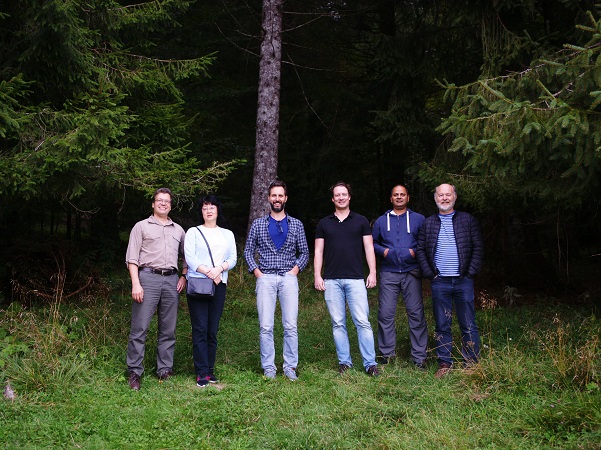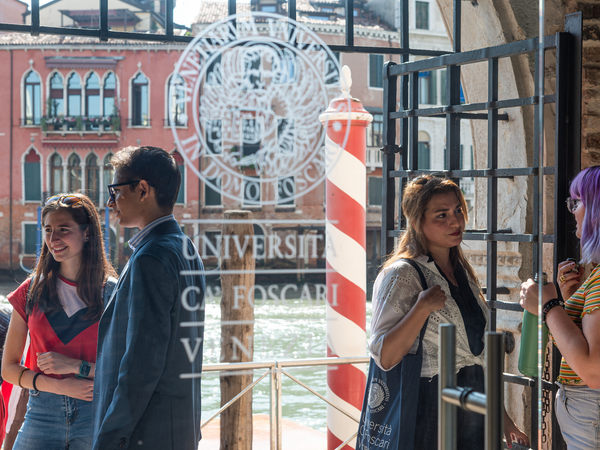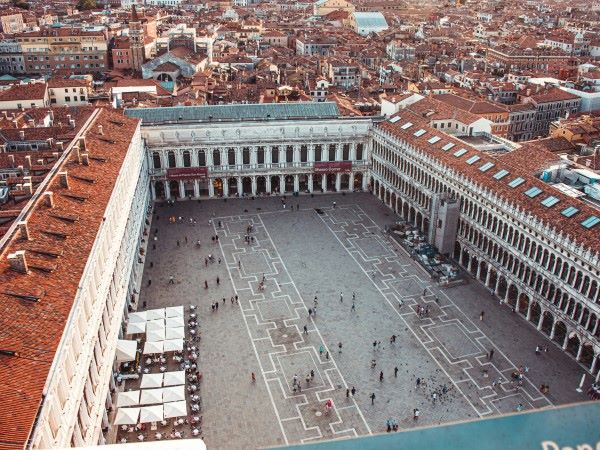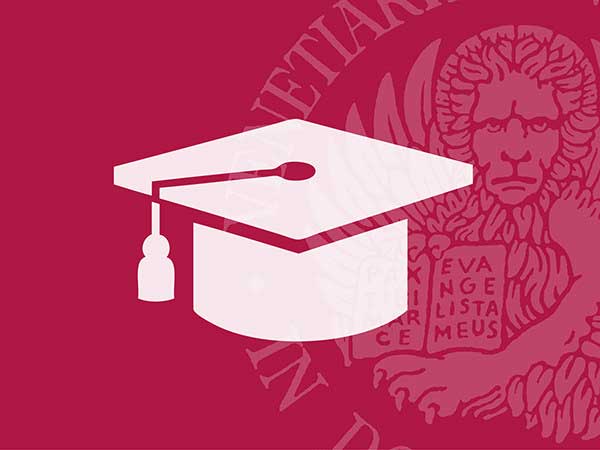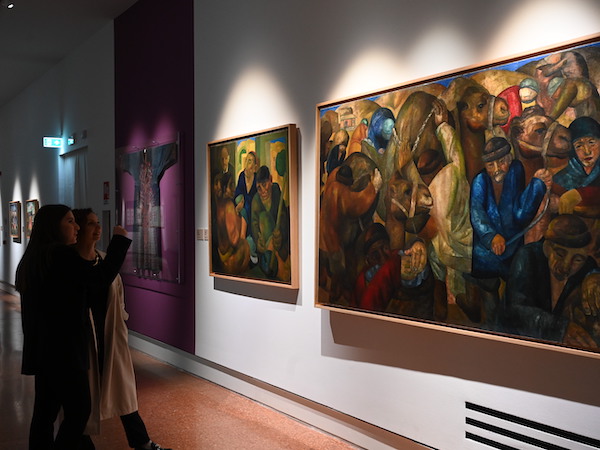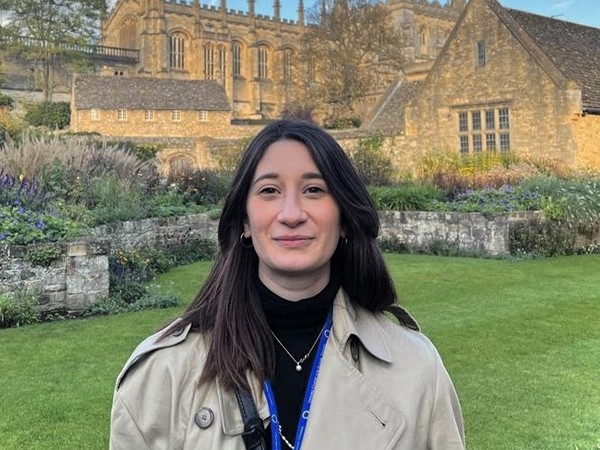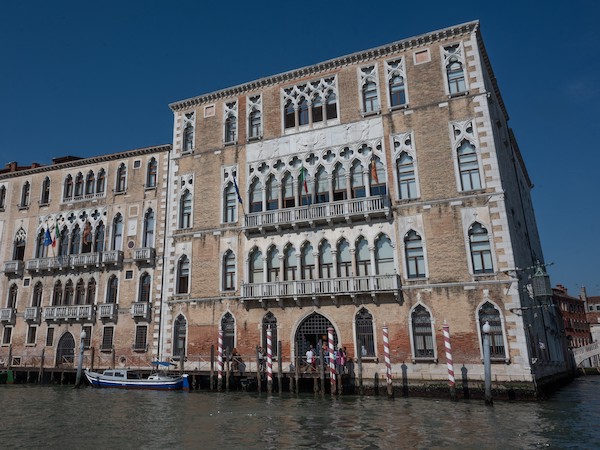Right before millions of people all over the world took to the streets to demand urgent action on climate change, a group of international scholars from different fields of research came together for a study retreat in the Cansiglio woods, where they analyzed the socio-ecological implications of the new Belt and Road Initiative.
An innovative scientific retreat, based on the Theory-U approach, with the goal of examining the environmental repercussions of the BRI from different perspectives and drafting a declaration that could steer research towards the topic of socio-ecological relations along the BRI routes.
The initiative was promoted by The Marco Polo International Research Center (MaP), part of the Ca’ Foscari Department of Asian and North African Studies, in partnership with a network of researchers activated by the Leiden International Institute for Asian Studies. Daniele Brombral, sinologist at Ca’ Foscari who led the, was one of the members in the team of researcher and has also led the retreat.
“The idea and impetus for this retreat emerged from growing anxieties about the risks posed by the Belt and Road Initiative (BRI) for socio-ecological communities along its routes - explained prof. Brombal - This was further coupled with an awareness that the development of the BRI also opens for every partner a window of opportunity to reflect deeply about the kind of progress that we want for the future of humanity: does it suffice for us to do business as usual? Or are we rather called to embark upon more radical, systemic transformations?
Reflecting on such critical matters requires that different perspectives be considered simultaneously, and for this purpose a group of people from a wide range of cultural and disciplinary backgrounds were gathered together. In this first research retreat, we engaged with a conservation biologist and development practitioner (Marc Foggin), a biosocial conservation researcher (Shekhar Kolipaka), an environmental and cultural heritage legal expert (Stefan Gruber), two architects (Yun Gao and Nicholas Temple, the latter specialized in urban history and theory), and a China studies scholar working on sustainability transformations.
In the forest we employed co-creative techniques by embodying different human and more-than-human entities (vulnerable human beings, animals, plants, artefacts). This process, coupled with individual reflection and meditation in the woods, helped us in reaching a wider, holistic understanding of foreseeable impacts of the BRI, and more importantly to envision the kind of future we wish both for humans and for the whole community of life. Together we sought to identify core values that could help lead us toward the kind of future we wish to see, and around which could commit our efforts and contribute to through our academic work about the BRI.
This vision for the future was condensed in a declaration, which we will be refining over the next few months and eventually employ as a basis for our future work on BRI socio-ecology, as well as to bring other people on board – or at least, we hope more may join! It speaks about our sense of belonging to a socio-ecological community positioned along the BRI and calls for caring pathways of action that may help to bring about a future that is not primarily concerned with only material growth, but rather shaped by our concern for the whole environment as well as for current and future generations, with ecological awareness and recognition of the intrinsic value of nature with people as part of nature.
“The gathering in Cansiglio of committed people from such diverse sociocultural and professional backgrounds, yet with common interest and genuine commitment to engage in meaningful learning and research on the Belt & Road Initiative, was simply amazing and very enriching for me! I look forward to seeing how our joint work develops, and indeed to participate actively in this process.” commented Marc Foggin, conservation biologist at the University of British Columbia with extensive experience on the mountain communities in central Asia and western China.
“Initiated by the Marco Polo Centre at the Department of Asian and North African Studies of University Venice, the retreat at Cansiglio was an opportunity to think in new ways of the socio-ecological outcomes of BRI projects. Personally, for me, the retreat opened an opportunity to work and think along with others who have similar concerns about the socio-ecological outcomes of the BRI. As a bio-social conservation researcher and practitioner I had an opportunity to listen and observe, a lawyer, a community-based practitioner, two architects, and a sinologist present their views on the BRI based on their own experiences and worldly knowledge. Towards the end of the retreat, I was pleasantly surprised to see the similarities and convergence of our views in spite of the difference in our academic and practice areas. There was a very strong emphasis on socio-ecological safeguards that needed to be set up as Europe engaged with BRI that was very personal to each of us and as we perceived, to those living in the BRI landscapes. And we realized that the foundation for our thinking on the need for socio-ecological safeguards lays in our value system and how we value human and non-human entities, irrespective of our broad and diverse worldly experiences and cultural backgrounds. Businesses have to be carried out hand-in-hand with socio-ecological safeguards and only such holistic approaches will ensure well-being at a far-reaching scale in the countries along the BRI routes" said Shekhar Kolipaka, from Leiden University.





